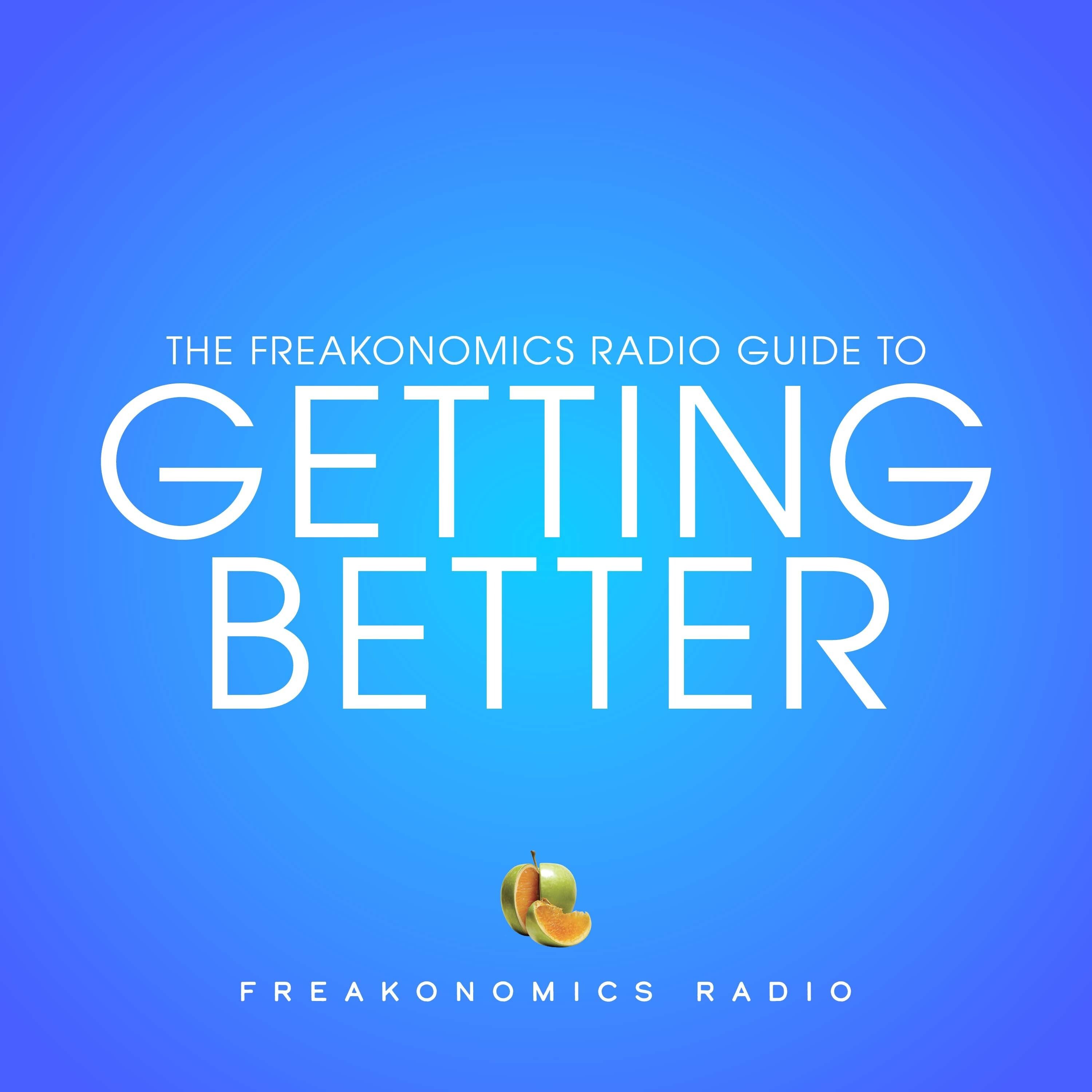Freakonomics Radio
Zeke Emanuel (a physician, medical ethicist, and policy wonk) has some different ideas for how to lead a healthy and meaningful life. It starts with ice cream. (Part three of “The Freakonomics Radio Guide to Getting Better.”)
- SOURCES:
- Zeke Emanuel, oncologist, bioethicist, professor at the University of Pennsylvania.
- RESOURCES:
- Eat Your Ice Cream: Six Simple Rules for a Long and Healthy Life, by Zeke Emanuel (2026).
- “Nutrition Science’s Most Preposterous Result,” by David Merritt Johns (The Atlantic, 2023).
- EXTRAS:
- “Is Ozempic as Magical as It Sounds?” by Freakonomics Radio (2024).
- “The Suddenly Diplomatic Rahm Emanuel,” by Freakonomics Radio (2023).
- “Ari Emanuel Is Never Indifferent,” by Freakonomics Radio (2023).
- “What’s the “Best” Exercise?” by Freakonomics Radio (2014).
Hosted by Simplecast, an AdsWizz company. See pcm.adswizz.com for information about our collection and use of personal data for advertising.

428. The Simple Economics of Saving the Amazon Rain Forest
Everyone agrees that massive deforestation is an environmental disaster. But most of the standard solutions — scolding the Brazilians, invoking universal morality — ignore the one solution that might actually work
427. The Pros and Cons of Reparations
Most Americans agree that racial discrimination has been, and remains, a big problem. But that is where the agreement ends.
426. Should America (and FIFA) Pay Reparations?
The racial wealth gap in the U.S. is massive. We explore the causes, consequences, and potential solutions. Also: another story of discrimination and economic disparity, this one perpetrated by an international sporting authority. The first…
425. Remembrance of Economic Crises Past
Christina Romer was a top White House economist during the Great Recession. As a researcher, she specializes in the Great Depression. She tells us what those disasters can (and can’t) teach us about the Covid…
424. How to Make Your Own Luck
Before she decided to become a poker pro, Maria Konnikova didn’t know how many cards are in a deck. But she did have a Ph.D. in psychology, a brilliant coach, and a burning desire to…
423. The Doctor Will Zoom You Now
Thanks to the pandemic, the telehealth revolution we’ve been promised for decades has finally arrived. Will it stick? Will it cut costs — and improve outcomes? We ring up two doctors and, of course, an…
422. Introducing “No Stupid Questions”
In this new addition to the Freakonomics Radio Network, co-hosts Stephen Dubner and Angela Duckworth discuss the relationship between age and happiness. Also: does all creativity come from pain? New episodes of “No Stupid Questions”…
421. How to Prevent Another Great Depression
Millions and millions are out of work, with some jobs never coming back. We speak with four economists — and one former presidential candidate — about the best policy options and the lessons (good and…
420. Which Jobs Will Come Back, and When?
Covid-19 is the biggest job killer in a century. As the lockdown eases, what does re-employment look like? Who will be first and who last? Which sectors will surge and which will disappear? Welcome to…
How to Make Meetings Less Terrible (Ep. 389 Rebroadcast)
In the U.S. alone, we hold 55 million meetings a day. Most of them are woefully unproductive, and tyrannize our offices. The revolution begins now — with better agendas, smaller invite lists, and an embrace…
